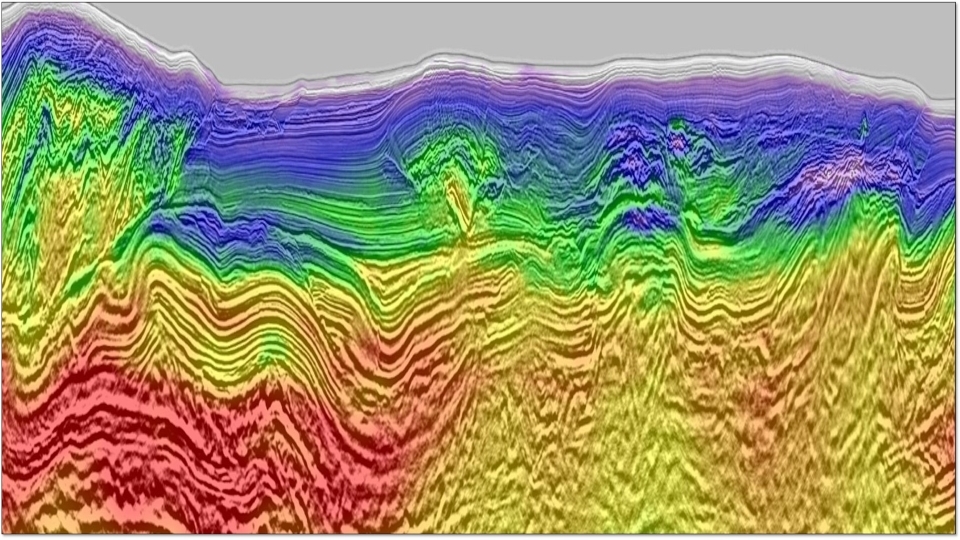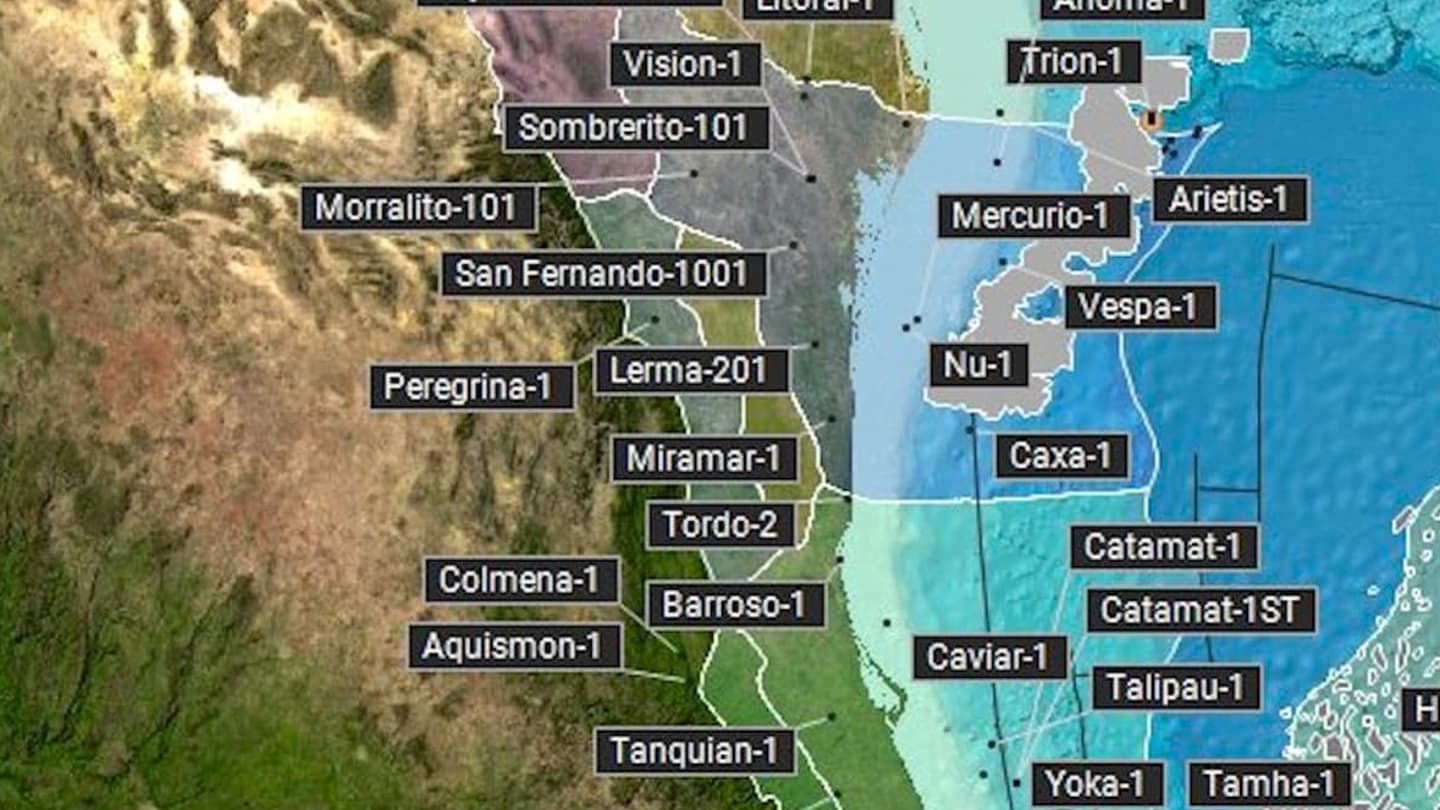Technical Abstract
RTM 3D angle gathers for OBN data using an equal area spherical binning method
Back to Technical ContentCompared with towed-streamer acquisitions, ocean bottom nodes (OBN) generally provide fuller-azimuth illumination of the subsurface, longer offsets, higher signal-to-noise ratio (S/N), and improved low frequencies. These advantages provide the necessary ingredients for two key elements of seismic exploration and monitoring: (i) full-waveform inversion (FWI) with better constrained velocity models and (ii) imaging below complex structures with improved illumination. In order to take full advantage of this data, it is imperative to use the best imaging algorithm available. Reverse time migration (RTM) is well suited for imaging deep and complex structures. Moreover, it can be modified to yield angle-domain common-image gathers (ADCIGs). These gathers inherit the usual benefits of RTM, when compared to other imaging algorithms, while providing prestack images with reliable subsurface information. This information can be used for amplitude variation with angle/offset (AVA/O) inversion, migration velocity analysis (MVA), and other prestack domain methods. We will investigate data sampling issues related to the implementation of RTM 3D angle gathers, which are more prominent in the case of OBN acquisitions, and propose a method for sampling the subsurface reflection energy that better represents the full-azimuth nature of OBN data while honoring the amplitudes of the image gathers.
Download Resource 
Publications
SEG - Society of Exploration GeophysicistsAuthors
Roberto Pereira, Ivan Coulamy, Adriano Martinez (CGG) ; Werter Oliveira, Eduardo Naomitsu (PETROBRAS)





